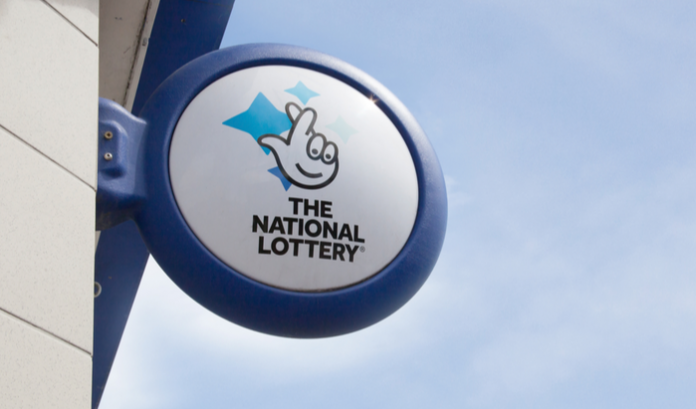Sir Keith Mills, the Chairman of Allwyn’s bid for the UK National Lottery licence, has written an open letter pleading the UK Gambling Commission to guarantee changes at the National Lottery, regardless of the result of the competition.
Mills described the National Lottery, introduced in 1994 by John Major’s Conservative government, to be an ‘outstanding success’. However, the chairman noted that the last decade has seen 5.8m fewer players with the percentage of revenue subsidising good causes dropping from 28% to 23%.
Taking to Allwyn’s UK website, Mills remarked: “Those who rely on the success of the National Lottery – the National Lottery Distributors, the thousands of charities, and good causes that benefit, and, of course, HM Treasury – no doubt want the Gambling Commission to select an operator that can reconnect the National Lottery with the British public, responsibly bringing back lost players and inspiring and engaging a new generation.
“The new operator will need to connect with the next generation. In recent years, under the current operator, there has been a trend of declining participation amongst younger people. My son and daughter, who are in their thirties, have never played – they think it’s for older people.”
Camelot has been under pressure in recent months with its record on delivering funds to good causes.
Last year, the Department for Culture, Media and Sport listened to the experiences of Olympic and Paralympic athletes supported by National Lottery funding as part of an inquiry into the lottery.
Adam Peaty, three-time Olympic gold medallist swimmer, addressed Camelot’s earnings and the organisation’s ‘good cause’ contributions, telling the panel: “I think if we’re doing that then there should be more funding. If your profits are going up by 120% and good causes are only going up by 2%, then it doesn’t take anyone with two brain cells to go ‘hold on a minute, what’s going on here?’ Camelot or whoever gets the next award… there needs to be more back to society.”
Mills also took the opportunity to criticise Camelot’s record with good causes in his letter, calling it ‘a worrying trend’.
He added: “The only significant growth in Camelot’s sales from 1999 has been from instant win games and scratch cards – draw-based games sales have remained unchanged over the same period.
“This is also a worrying trend for two reasons: (i) these instant win games deliver a substantially smaller contribution to good causes compared to draw based games, and (ii) there is research to suggest they are more likely to lead to problematic behaviour. The new operator will need to focus on growing draw-based games – these generate more money for good causes and are less risky when it comes to gambling harm.”
Promoting Allwyn’s bid to win the National Lottery licence, Mills pointed toward the firm’s record at ‘transforming national lotteries across Europe’ and the investment in the UK arm to be ‘fully ready’ to take over the National Lottery, which he labelled as a ‘wonderful opportunity’.
“Whoever gets selected, they must reverse these worrying trends,” Mills concluded. “We are convinced that change is necessary and that Allwyn has what it takes to deliver an exciting future. The National Lottery is intended to be an institution for good, and deserves to be one of the UK’s greatest success stories; it is our collective responsibility to realise that for future generations.”
The UKGC’s decision with regards to the winner of the Fourth National Lottery licence competition is due imminently, with Camelot battling Allwyn, Sisal and Northern & Shell for the 10-year contract.




























